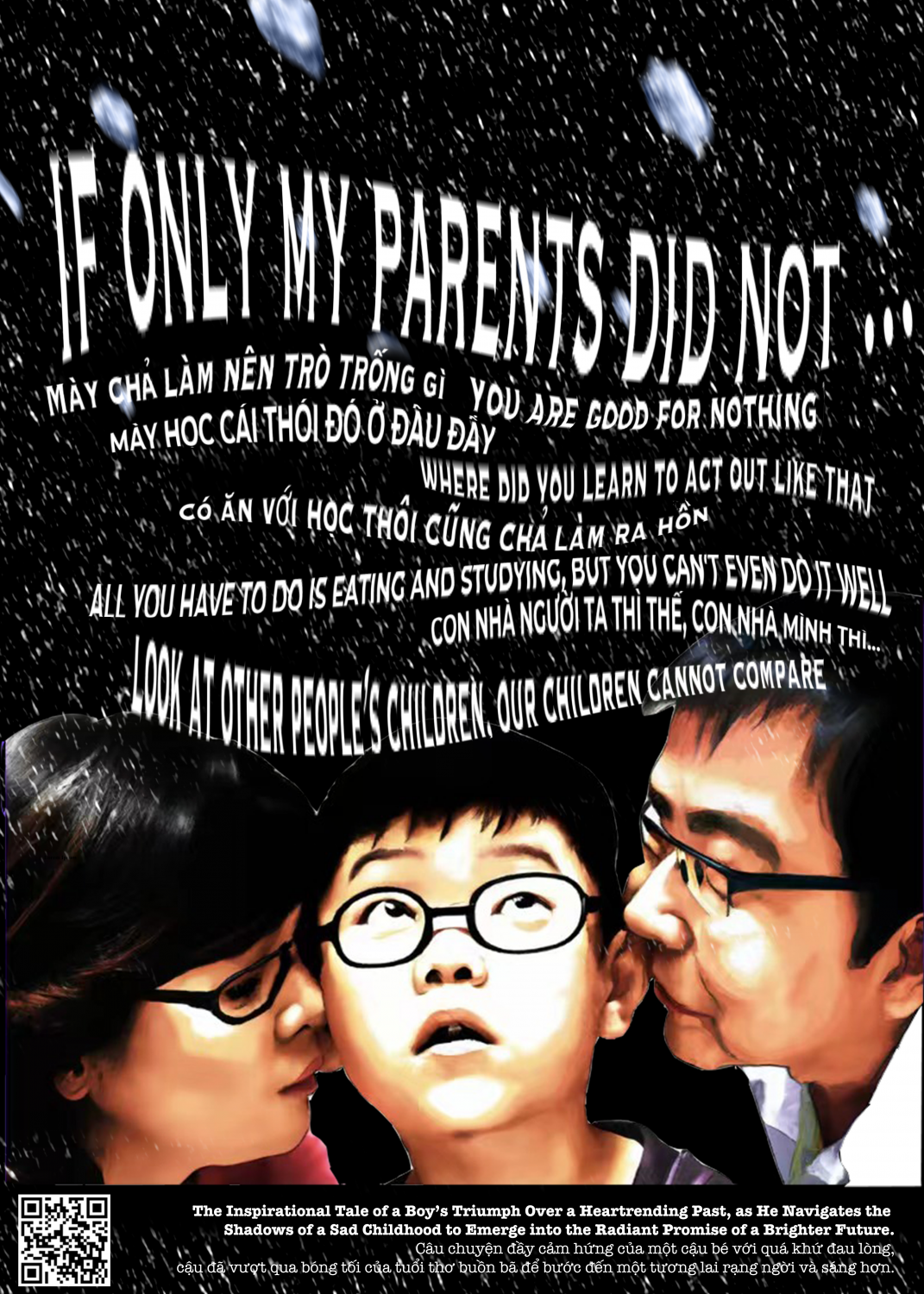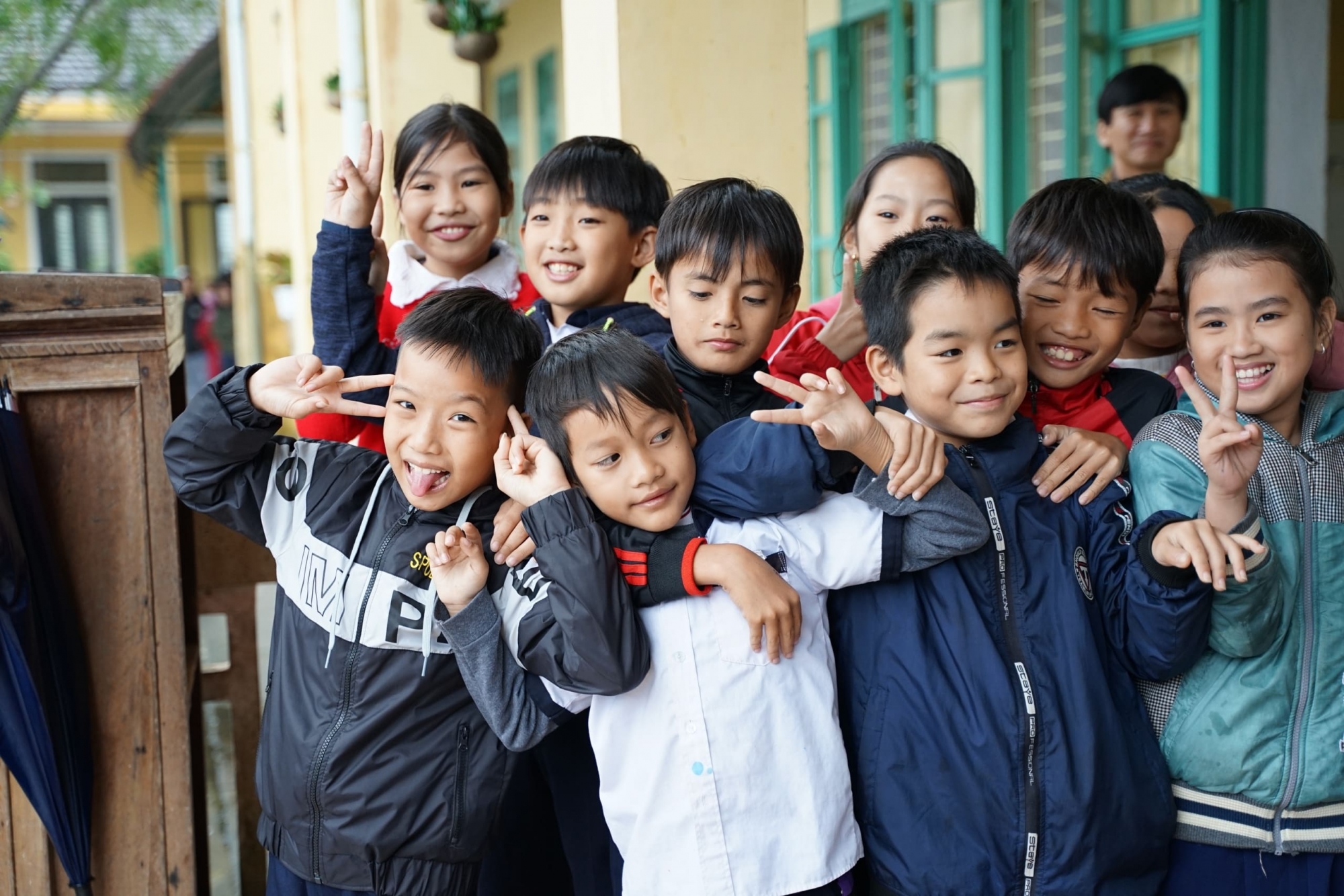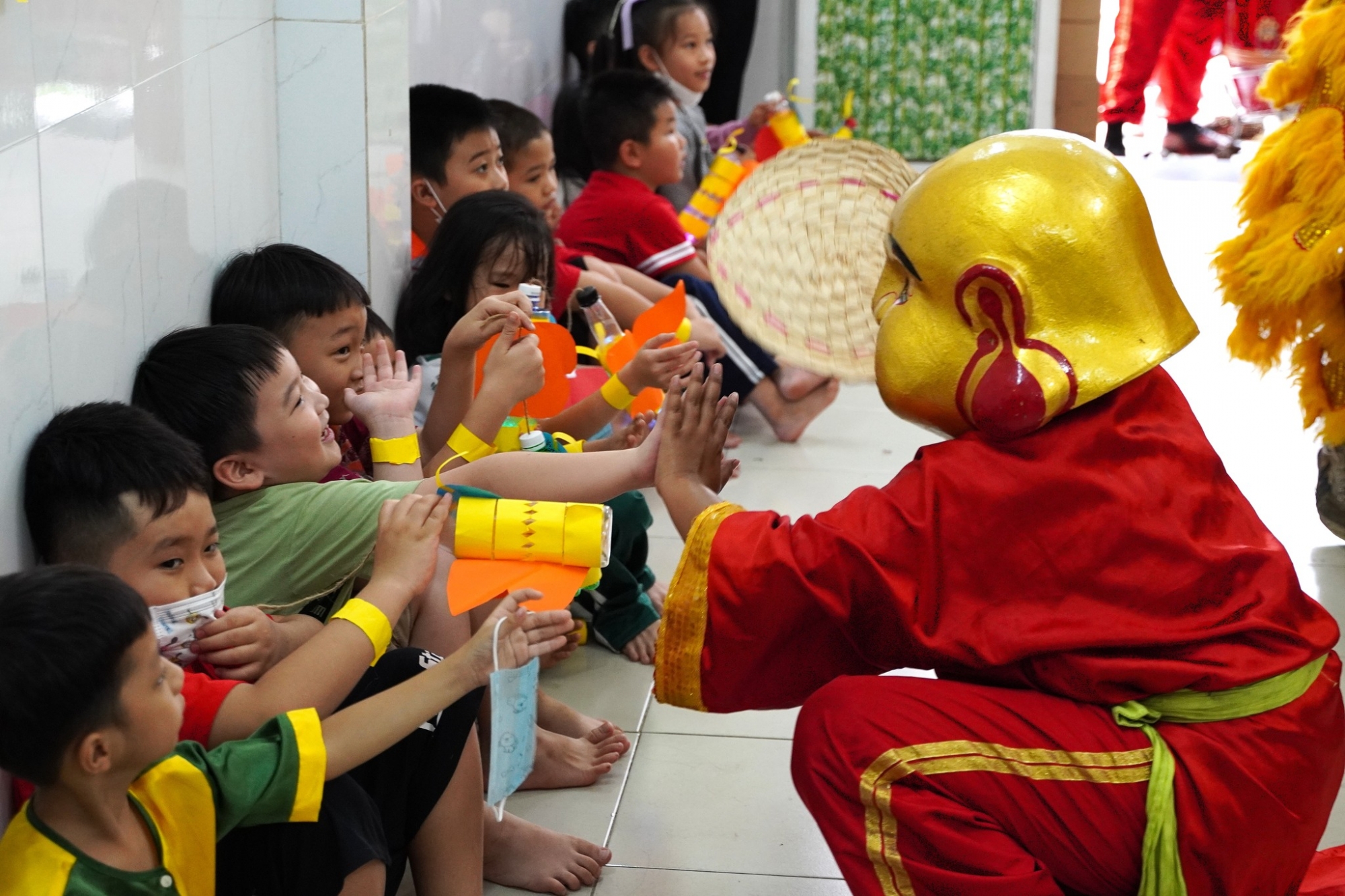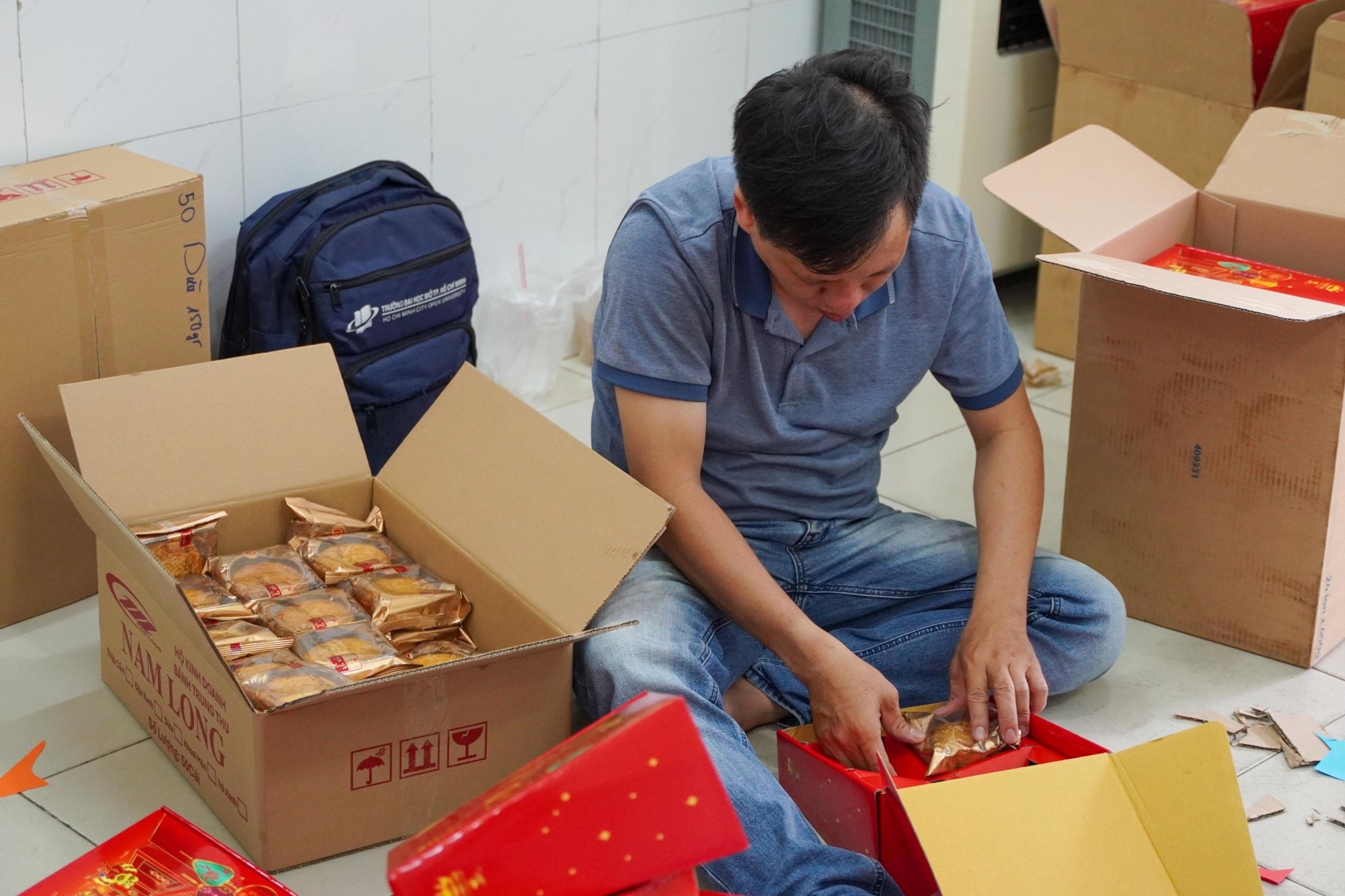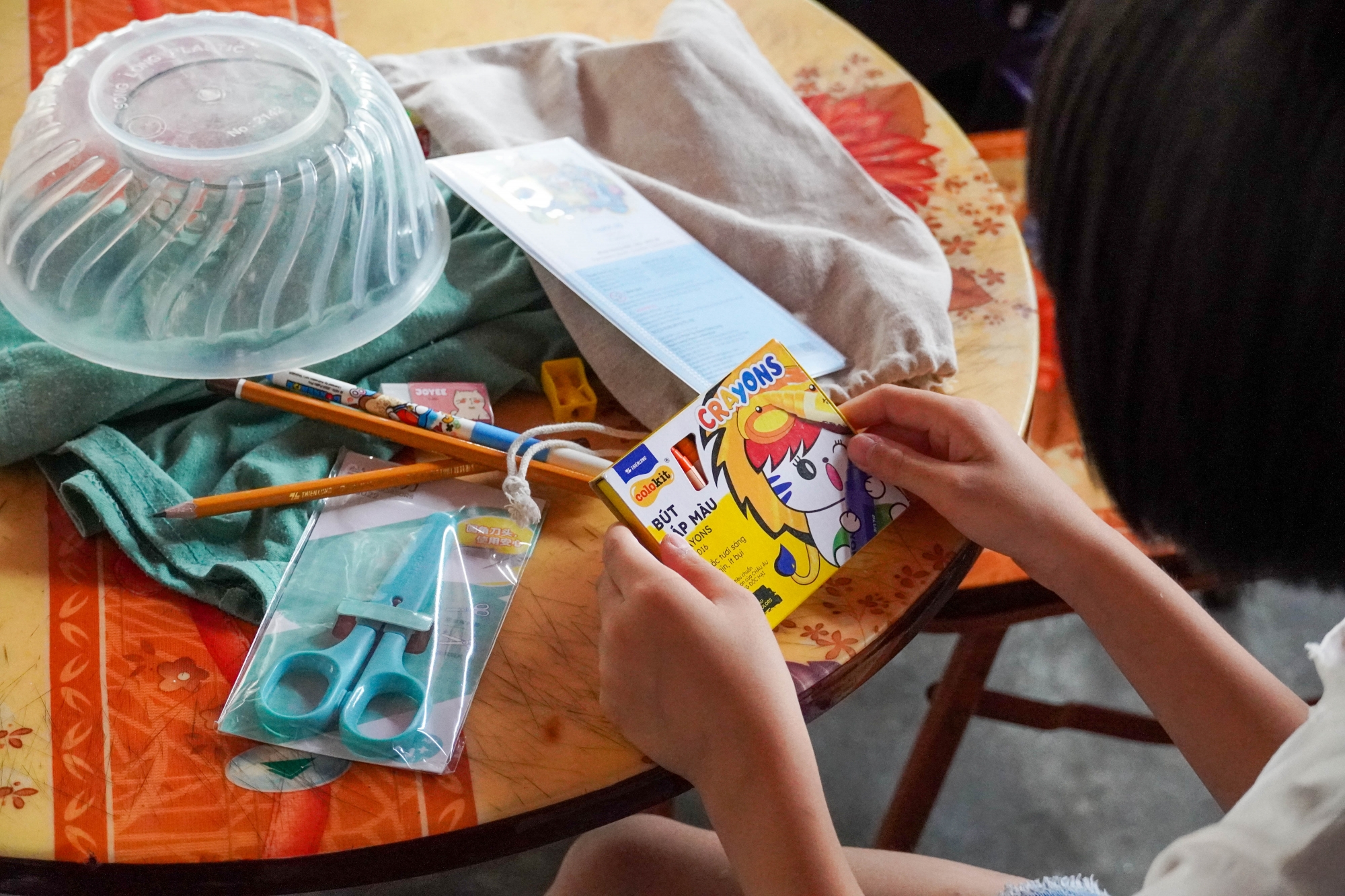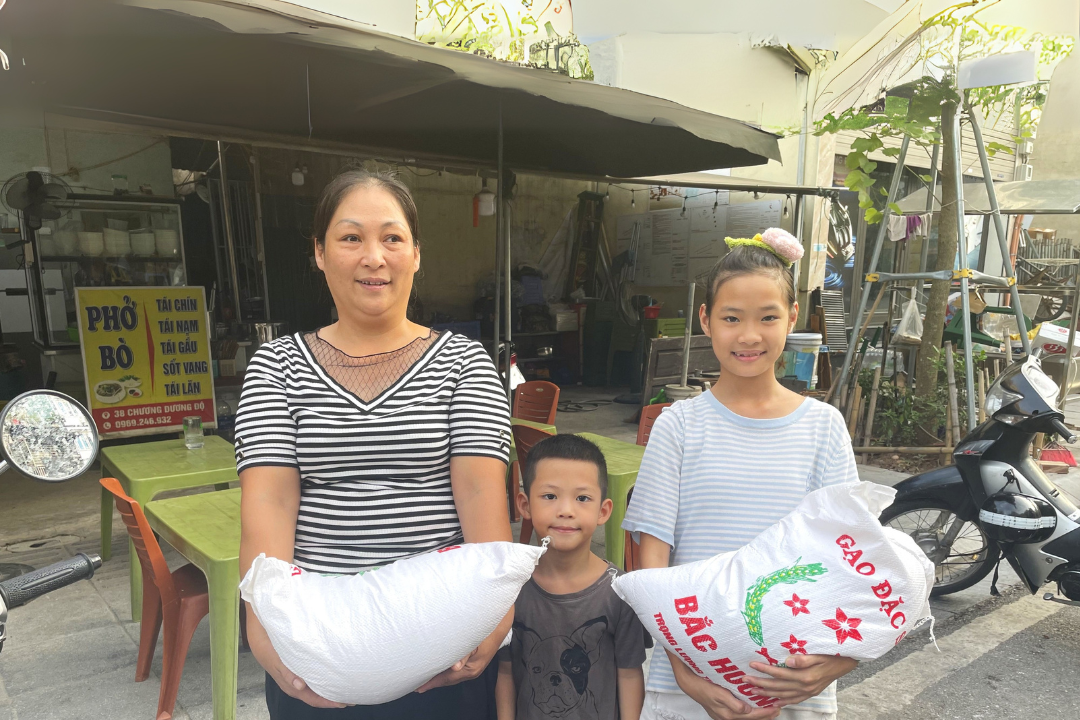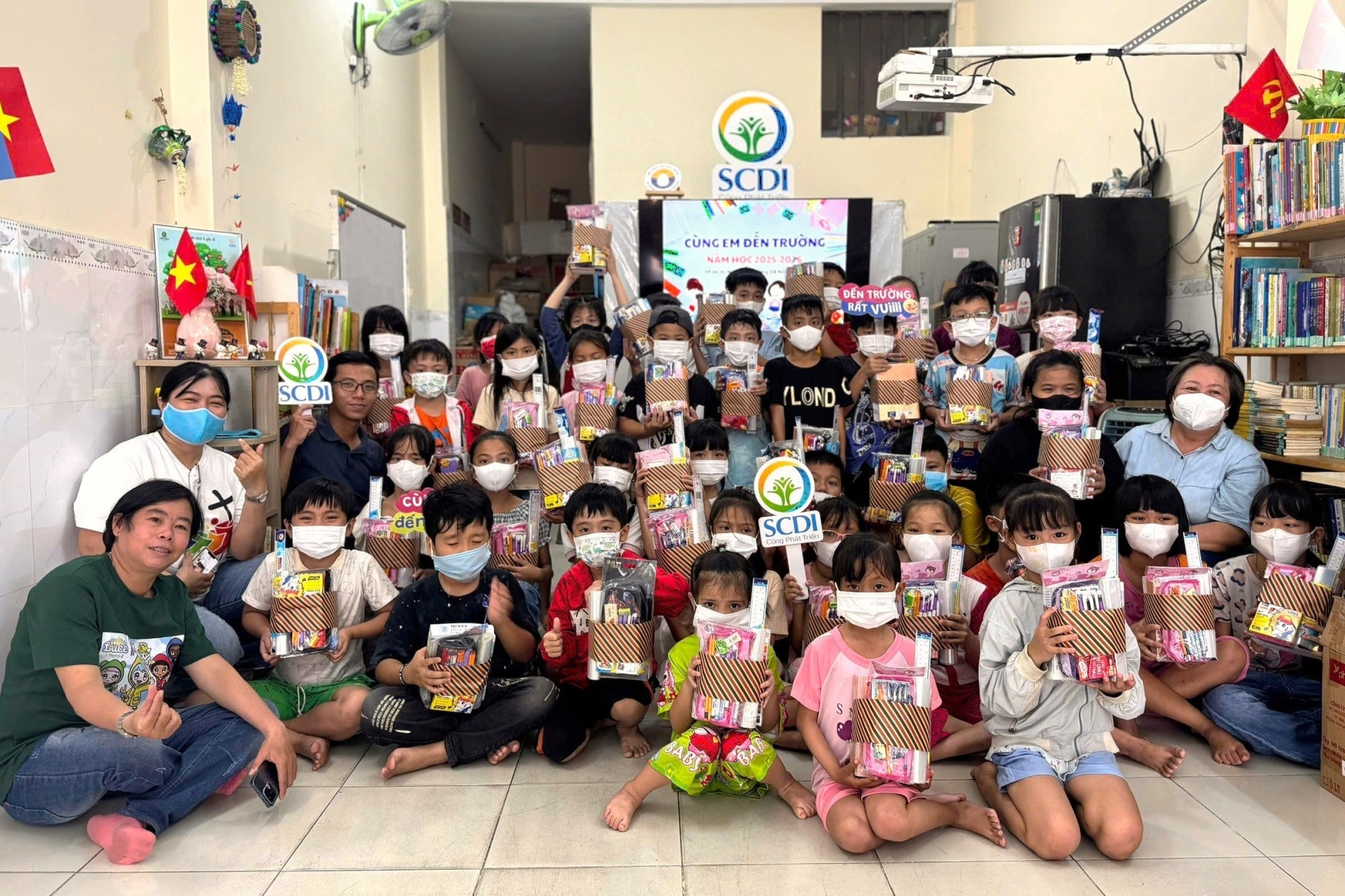(Our story begins with some hypothetical scenarios when our protagonist, H, becomes 23, and he is now 21 years old. All descriptions ahead of time are reasonably implied in his interview answers.)
Today is a scorching and muggy summer day, just like any other day in Hanoi, but I have something to look forward to these days. I've been working on this captivating project with my local law firm, and I'm headed home to celebrate the six-month anniversary with my girlfriend. As I am walking, my attention is drawn to a familiar bar that brings back a rush of memories. Seeing the college students hanging out by the entrance, I start to think about when I was their age.
I used to work at the bar part-time during my college days, hustling for some extra cash. It was a perfect gig for a night owl like me because not only did I get paid to stay up until the wee hours of the morning, but I was also always surrounded by lively music, a cheerful crowd, and an overall stress-free atmosphere.
Despite the joy my job brought, I was actually going through one of the toughest phases in my life. Depression had taken hold of me after learning about my parents' possible separation. The realization that my family dynamic was shifting forever was both terrifying and isolating. My friends, unable to truly understand, suggested that I try cigarettes. I found a strange comfort in the momentary calm that washed over me as I inhaled the smoke. It was a small but potent euphoria that momentarily distracted me from the weight of anxiety and depression tied to my family situation, making me feel somewhat normal again. So I took another drag, then another, and before I knew it, I was going through carton after carton.
For the next six months, I leaned on smoking to extract every ounce of comfort it could provide—until it stopped working. By the end of those six months, the thrill of tobacco no longer satisfied me. In my quest to quiet the emotional turmoil within, I sought something stronger. My role as a server at the bar introduced me to laughing gas, and the patrons often offered me a hit. The relief it provided was far more potent than cigarettes, yet I still felt unsatisfied.
One day, a friend presented me with an option: trying something called "ice," which I later discovered was crystal meth. I was well aware of its illegality in Vietnam, but my fear of confronting the visceral pain of my parents' separation outweighed any fear of getting caught. The first time I tried meth, I knew I had stumbled upon something powerful. Unlike the fleeting relief of laughing gas or cigarettes, this was a formidable force that transported me to a different realm—one without sorrow or pain. That night, exhausted from the high, I had one of the best nights of sleep I had had in a long time.
The artificial tranquility meth brought me was enticing, and I began using it whenever I could. It is amazing how much a line of that white powder can do. Whenever I am stressed about school, the future, or my parents, meth can make me forget about them all. Nothing feels that heavy anymore when I am high, and I feel so exhilarated and happy. However, as I poured most of my earnings into sustaining this habit, it became clear that I couldn't maintain such frequent usage. I limited myself to twice a week. Still, there were moments when the temptation to slip into that altered state was nearly overwhelming, leaving me restless, uneasy, and fidgety. To combat these cravings, I would retreat to my room, put on my headphones, and lose myself in music or focus on anything else.
While I managed to resist the addiction's pull at times, my efforts weren't foolproof. Moreover, I began experiencing more severe negative side effects from the drug— insomnia, paranoia, auditory hallucinations, sadness and a decline in my overall health. Beyond the physical and mental toll, the drugs pushed me further away from socializing with peers my age. Fearing that my drug use would tarnish my reputation, I distanced myself from others and stuck to spending time with my girlfriend and a select few close friends.
Through a friend's introduction, I became connected to a community-based organization known as The Times, which provided ways and care packages for safe drug use and HIV prevention. This organization led me to another one, SCDI, specializing in helping those dealing with adverse childhood experiences and young adult addiction. For the first time in a while, I agreed to open up to someone new about my family struggles.
A few weeks later, I found myself seated in the office of The Times, facing five other individuals. I folded my hands in front of me , a self-protective gesture indicating my reluctance to speak. This marked our first encounter. Among the group were four university students, three of whom couldn't speak Vietnamese, and an SCDI worker. I understood that they are paying full attention to my experiences, but I still felt somewhat uncomfortable with sharing my personal family with five strangers. "Hi, H. Thank you for being willing to chat with us. We're here to support you and learn more about you in the coming days," Hien, the SCDI worker, greeted me.
Seeing so many strangers in one place was intimidating, and I felt a mix of awkwardness and fluster as the students and Hien began asking their questions. However, when I met them for a second time, one of the students started sharing their own childhood stories, and I began to feel more at ease and connected with them. Slowly, I began to unpack my own stories about my upbringing and family.
In retrospect, I thought my parents' separation had an earlier sign. I still remember when I was young, my parents would argue about some family matters. I can't recall the specific reasons for their quarrels, but these issues seemed trivial to my younger self. I never knew when or why my parents started arguing at home. What I truly understood was that the lasting misalignment of my parents' opinions never brought true peace to our family.
At least they never physically fought - I would reassure myself. Every time I witnessed my parents fighting, they were just raising their voices, speaking incredibly fast, and quarreling. To me as a child, this was terrifying and it subtly shifted the power balance between my parents and the two children at home. If someone had told me back then that my parents would eventually separate, I wouldn't have been surprised. I thought I was always an understanding kid - I knew that when irreparable damage had been done to my parents’ marriage, it would be selfish of me to wish for them to stay together.
After all, how did my parents treat me when I was young? I recall the times when they physically punished me for staying out and playing with friends until late at night. My mom would use a ruler to hit me, leaving bruises on my arm. Even though those red and green marks could still be seen years later, I didn't believe they had a profound impact on my mental state. Instead of immediately blaming my parents, I treated this type of physical punishment as an educational tool to learn the proper way of living. But it indeed did make me fearful of my parents - I felt I couldn't share much of my life with them, lest I face punishment. From then on, before discussing anything with my mom and dad, I would first evaluate if my actions aligned with their standards; if they were right, I'd share, but if they were wrong, I'd keep it a secret.
In my home, my parents seemed like authorities with high expectations for their children's future. I remember when my older brother was deciding on a college major and wanted to study Hospitality Management, but our parents didn't see a future in that field and urged him to choose Accounting. In the end, he followed their wishes. This event solidified my parents' authoritative position in my mind.
When I reached middle school, my vision worsened and I couldn't see what teachers wrote on the board. My academic performance suffered as a result, and my parents were not happy about it, pushing me to study harder. I was stubborn enough to just follow their instructions and didn't tell them that my declining grades were actually due to my deteriorating vision. As the negative cycle of worsening grades, a strained family atmosphere, and vision issues continued, I didn't feel much love and warmth from my parents. Alongside the constant fights I witnessed between them, I lost confidence in finding positive emotional support from my family.
If asked what I wanted to change about my family, I wished my parents would communicate more with me and explain things. This way, our communication could feel more like teaching rather than one-sided instruction. I still recall a time when my father, after a stressful day, came home late and drunk. It was scary to witness this man suddenly cursing and shouting. I believe my childhood experiences would have been more enriching had my father recognized his role model influence on me and started teaching me more about the world.
Despite all of these negative experiences when I was young, I took pride in myself from 2nd to 5th grade. I found myself yearning for those carefree days when I hung out with older kids in large groups, playing and chasing each other on the playground near my home in Hai Duong. Remembering that innocent version of myself excelling in school and surrounded by friends, I can't help but smile in relief. "I was happiest from 2nd to 5th grade," I think to myself.
At school, I was the stellar student that every teacher liked. The assignments didn't pose much of a challenge, and I consistently performed well in exams. Returning home, my parents would celebrate when I scored another 10 on my Vietnamese final exam, treating me to a big feast. Those days filled me with hope. I didn't have to worry about pleasing my parents or avoiding their anger; I wasn't burdened with responsibilities beyond my already impressive academics. My true joy came from playing football, shooting marbles, and flying kites in the meadow with my friends.
As I stand outside the bar, I can’t help but reflect on my past experiences. Thinking about my 2nd to 5th-grade years has been an eye-opening journey down memory lane. It made me realize just how much those formative years have shaped me. The challenges I faced and the struggles I overcame have indeed left a lasting impact on my life.
"That period served as a motivation for me to become a better self," I think to myself, as I reminisced about the growth and self-discovery that had taken place during that time. It wasn't always easy, but the lessons I learned and the resilience I developed have become invaluable assets on my journey to self-improvement.
As I gaze at the bar one more time, I feel a thick sense of closure. It is as if I have made peace with my past self and am now ready to embrace the promising future that lies ahead. I recognize that life is a continuous journey of growth and learning, and I am eager to walk this path with a newfound sense of purpose and determination.
Now at 23 years old, I feel a renewed sense of confidence and pride within myself. I have taken the time to confront my past, acknowledge the hurdles I had faced, and learn from my experiences. This acknowledgment has given me the strength to move forward with my head held high, knowing that I am no longer burdened by the weight of my past.
As I take my first steps away from the bar, I can't help but smile. I feel lighter, as if a weight has been lifted off my shoulders. The reconciliation with my past self has set me free, and I am now fully committed to welcoming a better version of myself in the future.
With determination in my heart and a renewed sense of purpose, I walk confidently into the unknown, ready to face whatever challenges and opportunities the future has in store for me. I know that the road ahead won't always be smooth, but I am prepared to face it head-on, drawing strength from the lessons of my past and embracing the growth that awaits me.
From that moment on, I vow to continue striving for self-improvement and personal growth. I understand that life is a continuous journey, and I'm eager to embrace every step with courage and optimism. With my past as a foundation and my dreams as a compass, I'm ready to build a future that I can be truly proud of.
As the day draws to a close, I head back home, my mind buzzing with thoughts of the future. I walk through the familiar streets, the sunset casting a warm glow over everything. The weight of the day's events gradually lifts as I approach my front door, knowing that I will soon be in the comforting presence of my girlfriend.
Once inside, I find my girlfriend sitting on the couch, engrossed in a book. I smile at the sight of her, grateful for the stability and love she brings to my life. I settle down next to her, and she looks up, returning my smile.
"Hey, how was your day?" she asks, setting the book aside.
I take a deep breath, knowing that the conversation I want to have is an important one. "It was quite eventful. I had a long conversation with a friend today, and it got me thinking about our future."
My girlfriend looks intrigued, sensing the gravity of the topic. "Oh? What were you talking about?"
I begin to open up about my thoughts and aspirations for the future, about my desire to raise a family together, and the kind of parents we could be. "I realized that I want us to be parents someday. I want to be actively involved in our kids' lives, not just as providers but as companions. I want to have meaningful conversations with them, to know them on a deep level, and support them in pursuing their dreams."
My girlfriend's eyes light up, and she takes my hand in hers. "That sounds wonderful. I've always wanted to be a mother, and knowing that you're on board with this makes me incredibly happy."
I smile, relieved that she feels the same way. "I want us to be a team, making decisions together and creating a nurturing environment for our kids. I want them to feel empowered to choose their path in life, even if it's different from what we might expect or envision for them."
She nods, understanding my perspective. "I agree. I think it's crucial to let our children explore their interests and passions and be there to guide them through the challenges they may face."
As we talk more, our plans become clearer and more aligned. We discuss the values we want to instill in our children and the kind of role models we want to be. We speak about the importance of open communication and creating a safe space where our kids can share their thoughts and feelings freely.
In the end, we both feel a renewed sense of commitment to each other and our shared vision of the future. We know that it won't always be easy, but we are determined to work together, support each other, and grow as individuals and as a couple.
With the evening passing by, we continue to talk, laugh, and dream together, grateful for the love and companionship that binds us. As the night deepens, we head to bed, knowing that tomorrow will bring new opportunities and challenges. But for now, we find comfort in the shared dreams of a future filled with love, understanding, and the joy of raising a family together.
(All identifying information has been anonymized to protect the privacy of H)

